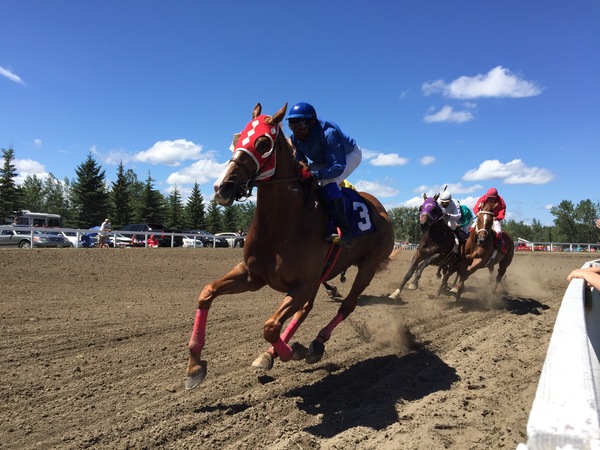The Main Factors Affecting Horse Racing
In order to make a successful bet and earn money, you need to take into account many factors and draw the right conclusions. The world of equine racing is a competition not only for horses but also for their jockeys, so the number of things that affect the outcome of an event is doubled. We will help you figure out what information could be useful for successful betting on equine competitions.

Get Information from Reliable Sources
Often there are ten or more horses in the competition, which makes a thorough analysis quite complicated. Many bookmakers themselves provide analytical information on their websites, but such information may not be complete and may not correspond to the format of the competition that is being held.
Pay attention to the country where the championship you are interested in will be held and check out the local sports publications. If the competition is held in the UK, then you can rely on the Racing Post, which usually provides comprehensive information about the participants in the competition and their statistics. For championships in Australia, choose Racing Australia, which is the equivalent of the British edition. For horse competitions in the United States, a major specialized edition of the Horse Racing Nation is produced.
Thanks to the ubiquity and implementation of Internet technologies, you can easily find digital versions of these publications on the web, which could help you make successful horse competitions wagers.
Factors Affecting the Outcome of the Races
Finding a reliable source of information is the key to success, but in order to be successful in betting, you need to know what exactly to look for. The following factors are the main ones to analyze when wagering on equine racing:
- The weather – as with all outdoor sports is a determining factor. Find out about the weather conditions on the day of the competition, which could help you better predict the outcome of the championship.
- Coverage – The race course can have different coverage, which will directly affect the process, especially in rainy weather.
- Jockey weight – usually the weight of a jockey is 60 kilograms, but an exception is made for beginners. Thus, judging by the weight of the jockey, one can judge his experience.
A break between events – the standard rest period of one month between short-distance competitions, but in long-distance races, a long rest is detrimental to the horse’s endurance. Keep this in mind when betting on different types of competitions. - The age of the hoss – young foals perform best in short distances, but experienced steeds are more successful in long distances.
- Jockey stats and experience – learn about the rider who could control the hoss. Experience and its successes are often displayed on betting sites and sports publications.
Equine condition and performance – evaluate the fitness, weight, height, and statistics.
Find out More About Your Bookmaker
Find a bookmaker that is officially licensed and offers a wide range of equine competitions wagers.
Be careful and avoid scammers. Often you can identify a conscientious bookmaker by the following features:
- Modern website and mobile app
- Large selection of wagers
- Reasonable odds
- A large number of reviews
- Reliable deposit/withdrawal system
- Availability of a license
Ride Your Luck!
Use the tips to find and analyze the information you need and you will undoubtedly succeed in betting on horse racing. Do not neglect the little things, because often they determine the outcome of the competitions. Use the services of trusted bookmakers and rely on reliable information so that your betting experience brings you positive emotions and good profit.
